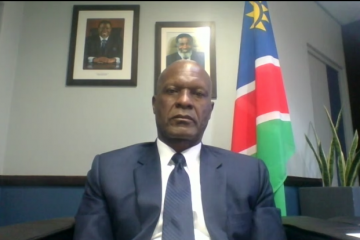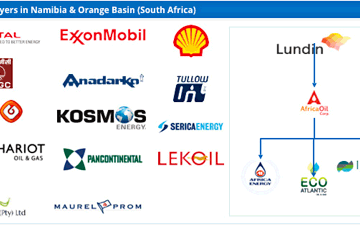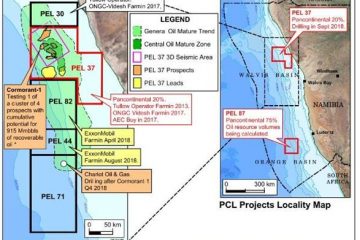Today is Nelson Mandela’s 99th birthday…
“The values Nelson Mandela was prepared to die for are as relevant today as there were when he made his Speech from the Dock on 20 April 1964.”
Nelson Mandela was born today 99 years ago. One of the ways of honouring his memory is that everyone is encouraged to spend 67 minutes – today – doing a good deed – one minute for each of the 67 years Madiba spent in service to humanity. I am spending my 67 minutes writing this article. I do it every year on his birthday. Why, because it is important to remember that the values Nelson Mandela was prepared to die for are as relevant today as there were when he made that Speech from the Dock on 20 April 1964.
These thoughts were bought into sharp relief two weeks ago, where Marshall Nelson, a youth development worker from Mitchells Plane in Cape Town and I had the pleasure of meeting Kathi Scott. Kathi has run the Nelson Mandela’s Children’s Fund (“NMCF”) in the UK for the last 20 odd years.

Kathi left her native Northern Ireland barely out of her teens with a large helping of guts, a strong desire to help others – and little else. Showing extraordinary pluck, she has grappled with the task of helping to turn the Mandela legacy into practical ever-day improvements to peoples’ lives. She is private – and painfully modest about her achievements, so there is not much more I can write except to say that NMCF has achieved a record nobody thought possible. What better way to cement Madiba’s legacy than a State of the Art Children’s hospital, not far from where his own children were born in Johannesburg? The project needed R1 billion ($100 million at the time) to complete. The building was launched in 2016 and the hospital will open its doors to its first patients later this year.
I get Kathi’s passion for her cause. She was lucky enough to know Madiba. But why should you or I care? My mind drifts back to my friends’ surprising reaction when Madiba died on 5th December 2013. So many people around the world – who knew my family’s opposition to Apartheid – contacted me to offer their condolences as if I had suffered a death in the family. And yet I have never worked with or even met Madiba, so it raises the question; why did I and so many others feel such a connection with him? Perhaps the answer lies with our passing sense of history: the South Africa that Madiba created was nothing short of a miracle. Persuading the National Party to hand over political power without a fight and convincing the Black Majority to forgive the Whites for Apartheid was one thing. Then to use the emotive symbol of the Springbok Jersey and the Rugby World Cup to convince the majority of Whites to love him one year after the 1994 election had stripped them of their power, has to go down as one of the century’s greatest acts of political leadership.
And it is more than the changing of perceptions: Mandela’s socioeconomic legacy is as statistically remarkable as it is easy to forget. A lot of people ask why the ANC still commands such support and when I answer, it reminds me of the Monty Python sketch – “What did the Romans ever do for us”.
Yes, Mandela’s leadership gave all South Africans the vote for the first time – but few realize how effectively he used their vote to make practical improvements in the everyday lives of South Africa’s most marginalised.
- The proportion of South Africans with clean water within 50 meters of their dwelling rose from 38% in 1990 when he was released to 98% in 2008 when Thabo Mbeki, his successor left office.
- The proportion of people with electricity in their own homes rose from 35% in 1990 to 81% in 2008.
- 30% of previously destitute members of the population received childcare grants or state pensions they never received before.
- 25% of the population were able to move from informal shacks to proper basic housing with running water, toilets and electricity.
During this time where the increases in social spending could only be described as transformative, the government managed to reduce its national debt from a dangerous 65% of GDP to 35%. This was also at a time when economic growth averaged less than 2 percent leaving real GDP per capital growth in the red. The fact that the Mandela government managed to reduce personal and corporate taxes as he used his moral authority to triple the number of South Africans paying income tax – is an economic masterstroke few have matched. And all this against a backdrop of brutal economic restructuring when millions of artificial Apartheid-era jobs were lost.
There is more to it though: Neither humanity nor greatness can be reduced to a mere set of metrics. What economic model could put a price on the restoration of dignity to a disenfranchised people? I don’t know because I was never subjected to the daily litany of small injustices the vast majority of the population had to endure as their confidence and self-respect were sapped to nihilism.
Even though I never spoke to him – Nelson Mandela had far more of an impact on my life than I first realized. Was it those spellbound 14 hours I spent reading Mandela’s biography – A Long Walk to Freedom – the day it was published in 1995? Reading about his life immediately gave me a sense that my vision – which seemed so overwhelming the day before, was but a tiny fraction of his lifetime achievements. The incidents I have written about were three giant steps on my journey along my chosen path of social entrepreneurship. Madiba said that he used to read this poem to give him strength during the darkest days of his imprisonment.
“It matters not how strait the gate,
How charged with punishments the scroll,
I am the master of my fate:
I am the captain of my soul.”William Ernest Henley (1849–1903)
Thank you Madiba for helping me to understand that I am truly the master of my fate… and the captain of my soul.
The more observant of you will notice that the date of this article is 18 July 2016. I first wrote an article along the same lines last year on Mandela’s birthday in 2016. The sentiments are timeless – not something that Social Media savours…. This article is updated to talk about the remarkable work of the Nelson Mandela Children’s Fund. It is also published in Wall Street Wires




0 Comments